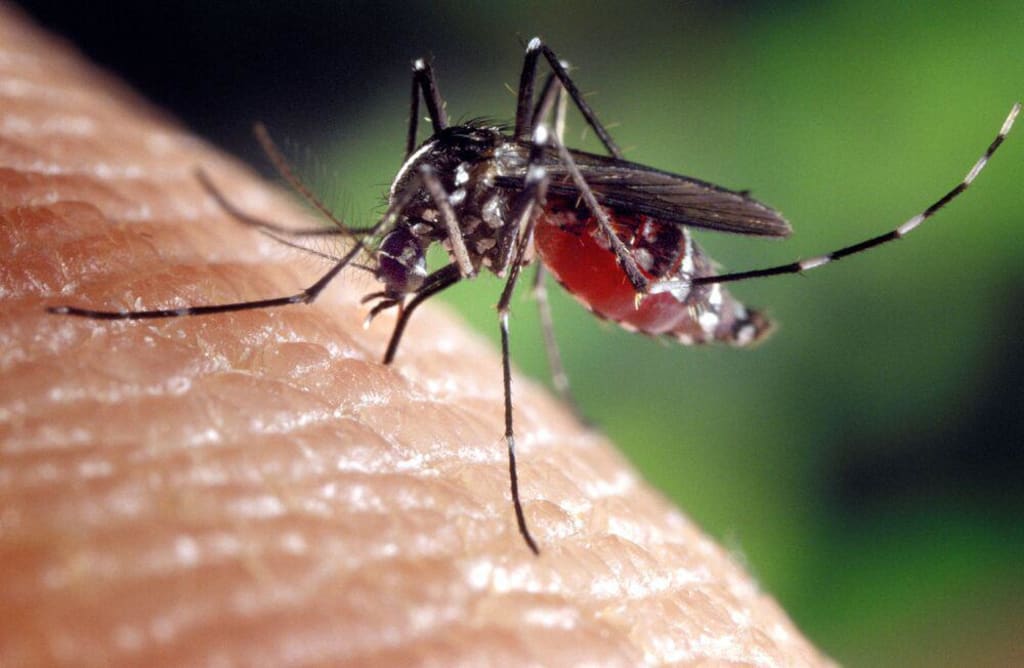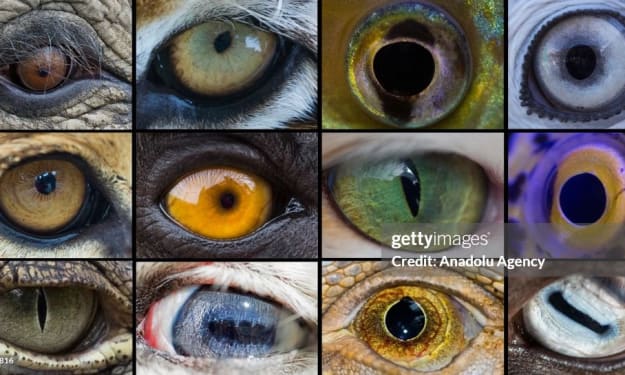What Happens to Your Body When a Mosquito Bites You?
"Biting into the Mystery of Mosquitoes: Why Do They Bite and Why Does It Itch?"

Mosquitoes are those annoying little insects that buzz around and bite us, causing itching and irritation. They can be a real nuisance during the summer, but have you ever wondered why they bite and why it itches so much? Let's dig into the world of mosquitoes to find some answers.
First, mosquitoes are ancient creatures that have been around for millions of years. They've been bothering animals, including dinosaurs, for a very long time. These insects are incredibly adaptable and can survive in various climates all over the world. There are about 3,000 different species of mosquitoes, and they can be found almost everywhere except Antarctica.
Now, not all mosquitoes suck blood. In fact, only female mosquitoes do. Male mosquitoes feed on nectar from flowers. You can tell them apart because male mosquitoes are smaller, and they have fancy-looking feathered antennae. Female mosquitoes, on the other hand, have smooth antennae.
A mosquito's lifespan is quite short, about a month or two for females and even shorter for males, around two weeks. During their short lives, female mosquitoes must find a source of blood to be able to lay their eggs. They usually look for blood within 1 or 2 miles of their breeding ground, so it's important not to have standing water near your home, as it can attract mosquitoes.
But how do mosquitoes find us? They use their sense of smell, specifically, they're looking for our body heat and the carbon dioxide we exhale when we breathe. They can detect tiny amounts of carbon dioxide in the air from more than 75 feet away. Once they get closer, they are attracted to the heat our bodies give off and anything that moves.
When a mosquito finally finds its prey, it has to be careful not to get swatted away. It takes about 3 minutes for a mosquito to fill its belly with blood, and during this time, it's in constant danger of being squished. Interestingly, waving your hands or swatting at mosquitoes is often ineffective because they can remember the scent of an aggressive prey and avoid it for 24 hours.
Now, the most important part: how does a mosquito bite work? When a mosquito lands on your skin, it uses its mouthpiece, called a proboscis, to pierce your skin. This proboscis is made up of six separate parts, some of which have sharp teeth to cut through your skin. The mosquito then injects its saliva, which contains enzymes that prevent your blood from clotting. It's these enzymes that most people are allergic to, causing the itchy bump you get after a mosquito bite.
So, why do female mosquitoes need blood? They require the protein and iron found in blood to develop their eggs. After a blood meal, a mosquito needs a day or two to digest it before laying her eggs. Then, the cycle starts all over again.
While mosquitoes can be a nuisance, we have developed various methods to keep them away. Using candles, herbs, and sprays that mask your scent can help deter mosquitoes. There are also traps that use carbon dioxide to lure mosquitoes to their demise. So, next time you're enjoying the outdoors, make sure to take some precautions to avoid those itchy mosquito bites!
In the end, while mosquitoes may continue to buzz around and bug us, understanding their ancient origins, unique behaviors, and clever adaptations reminds us of the incredible diversity of life on our planet. So, the next time you find yourself swatting at a mosquito or feeling the itch of a bite, you can appreciate the remarkable world of these tiny but tenacious insects, who have been sharing the Earth with us for millions of years.
Watch video on YouTube @THE BRIGHTSIDE





Comments
There are no comments for this story
Be the first to respond and start the conversation.